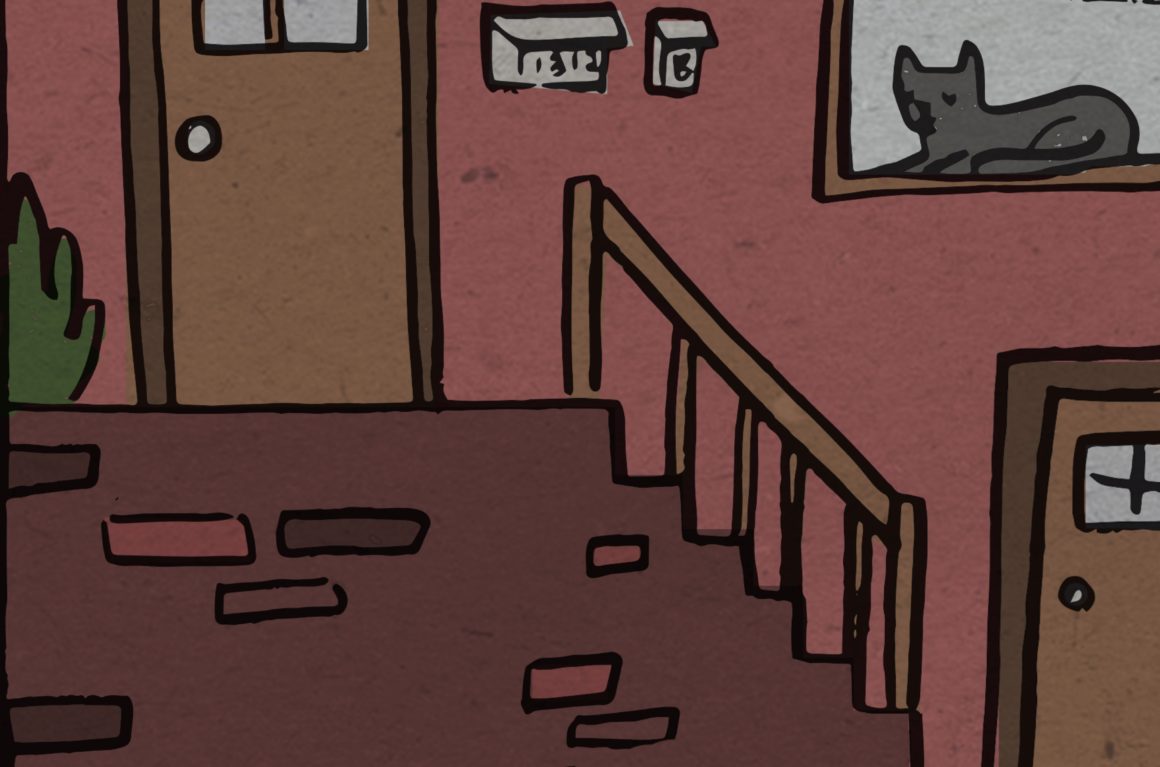
Students deserve secondary suites
On July 4, Calgary city council spent most of the day processing 18 secondary suite applications. Based on current bylaws, to legally rent out a secondary suite — a self-contained basement or backyard dwelling attached to an existing residence — homeowners must propose their suite to city council on a case-by-case basis.
If that sounds absurd, it’s because it is. People who likely need the money earned from renting out their basements have to take time off work to ask for the right to do something with property they already own.
It’s a ridiculous system and one that will remain in place despite some recent attempts at reform. Coun. Shane Keating’s proposal to redefine secondary suite zones and processing, and Coun. Andre Chabot’s pitch for a plebiscite were both voted down on July 25.
This isn’t a new story. Council has debated secondary suites for years with next to nothing to show for it. Even Keating’s failed proposal was flawed, leaving some communities surrounding the University of Calgary without changed zoning — but at least he tried something.
Because of the difficult and time-consuming process of getting a secondary suite approved, homeowners with illegal secondary suites are often dissuaded from trying to obtain approval. This means most of Calgary’s secondary suites are illegal and exist in an underground market where tenants don’t have basic renter’s rights, leaving some in potentially dangerous environments.
Students deserve housing that’s safe and affordable. Not everyone can afford to live on campus, and though vacancy rates are rising in Calgary, the average price of rent remains high. As a result, many students and other low-income Calgarians are forced to live in substandard conditions because it’s the only thing they can afford.
Demand for more affordable housing certainly exists. A 2014 Canada Mortgage and Housing Corporation study found that there are over 16,000 illegal secondary suites in the city. It’s a thriving market, and one that won’t go away.
Opponents of alternative housing express concerns about reduced property value and the people who will be brought into the community. Last week, residents in the affluent Rosedale community stood in opposition of a proposal that would bring affordable housing to the area. This, like the recent debate over the southwest BRT line, illustrate that this is a class issue — some residents don’t want lower-income individuals to have access to housing in their communities. And it’s typically councillors representing affluent wards who vote down secondary suite reform.
It’s wrong that those who oppose secondary suites because of class concerns and worries about losing the homogeneity of a neighbourhood can prevent people who need this housing from accessing it. People who rent secondary suites aren’t people who want to destroy a community. They’re people who aren’t in a position to buy a home but still need somewhere to live.
Other cities in Canada don’t have this problem. In fact, the only other Canadian city still caught up in similar debates is Burnaby, B.C., a relatively small city compared to Calgary. It’s embarrassing that our city is consistently failing to do anything to help residents obtain a basic necessity.
Secondary suite legalization isn’t a solution to all of the city’s housing problems, but it would make the lives of many students and low-income Calgarians easier and more comfortable. It shouldn’t take years of debate to realize that.
Jason Herring, Gauntlet Editorial Board
